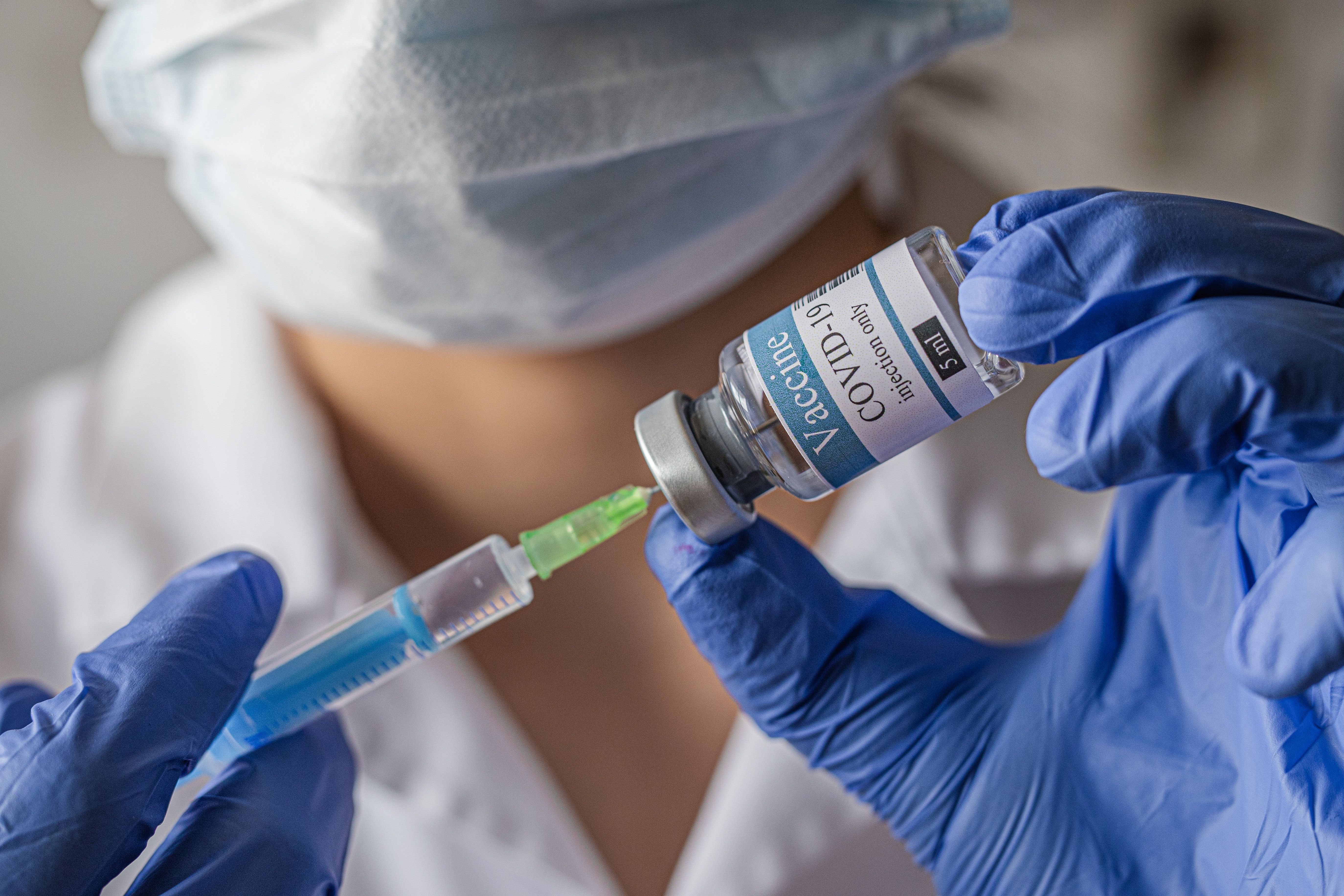Takeaways:
- A new MMWR from the CDC reveals that only 5.9% of bivalent mRNA COVID-19 vaccinations given to children aged 6 months to 4 years were administered through the Federal Retail Pharmacy Program (FRPP), the lowest among all age groups.
- The FRPP, established to ensure broad access to COVID-19 vaccines, collaborated with the federal government, US states, and pharmacy chains.
- The report aimed to evaluate FRPP-administered doses and all bivalent doses to understand vaccine contributions across sociodemographic groups.
- The study period, from September 1, 2022, to September 30, 2023, saw the youngest age group receiving the lowest percentage of vaccinations via FRPP partners.
- Surveys highlighted higher parental trust in vaccinating their children at regular clinics compared to pharmacies or temporary mass vaccination sites. Additionally, FRPP partners administered a lower proportion of doses to American Indian or Alaska Native individuals.
According to a new Morbidity and Mortality Weekly Report (MMWR) from the Centers for Disease Control and Prevention (CDC), 5.9% of bivalent mRNA COVID-19 vaccinations administered to children aged 6 months to 4 years from September 1, 2022, to September 30, 2023 were given via the Federal Retail Pharmacy Program (FRPP), the lowest percentage among all age groups.
The FRPP, a collaboration among the federal government, US states, and 21 national pharmacy chains and independent pharmacy networks, was established to create broad access to COVID-19 vaccines.
The MMWR report aimed to assess FRPP-administered doses and all bivalent doses administered in the United States in the study period with sociodemographic groups to better understand overall vaccine contributions.
September 1, 2022 was the first day the CDC recommended COVID-19 variant boosters for individuals aged 12 years or older, with the recommendation expanding to children aged 5 to 11 years on October 12, 2022, and those aged 6 months to 4 years on December 9, 2022.
Results revealed the youngest age group in the study, (6 months to 4 years) was the lowest percentage among all other age groups. Of the 600,238 bivalent vaccine doses administered by all providers in the study period, 35,114 (5.9%) were done so by FRPP partners.
Other age groups and associated vaccinations in the study included:
- 5 years to 11 years: 1,752,601 doses via all providers - 588,766 (33.6%) via FRPP partners
- 12 years to 17 years: 2,141,050 doses via all providers - 1,158,364 (54.1%) via FRPP partners
- 18 years to 49 years: 15,791,006 doses via all providers - 11,144,137 (70.6%) via FRPP partners
- 50 years to 64 years: 13,765,721 doses via all providers - 9,709,461 (70.5%) via FRPP partners
- 65 years or older: 25,725,524 doses via all providers - 17,823,005 (69.3%) via FRPP partners
The difference among adult and pediatric patients is not unexpected, according to the study, which stated "surveys conducted during September 2021 found that parents reported a higher level of trust when vaccinating their child at their regular clinic (63%), compared with vaccination at 1) a local pharmacy (34%), 2) a clinic different from their regular one (30%), 3) school with the parent present (25%), 4) temporary mass vaccination clinic (25%), and 5) school without the parent present (15%)."
The proportion of vaccine doses administered by FRPP partners was lower among American Indian or Alaska Native individuals, in which 459,135 doses were administered overall, with 100,393 (21.9%) coming from FRPP partners.
Reference:
Federal Retail Pharmacy Program Contributions to bivalent mRNA COVID-19 vaccinations across sociodemographic characteristics - United States, September 1, 2022-September 30, 2023. MMWR. April 4, 2024, Accessed April 5, 2024. https://www.cdc.gov/mmwr/volumes/73/wr/mm7313a2.htm?s_cid=mm7313a2_e&ACSTrackingID=USCDC_921-DM125690&ACSTrackingLabel=%20This%20Week%20in%20MMWR%3A%20Vol.%2073%2C%20April%204%2C%202024&deliveryName=USCDC_921-DM125690
